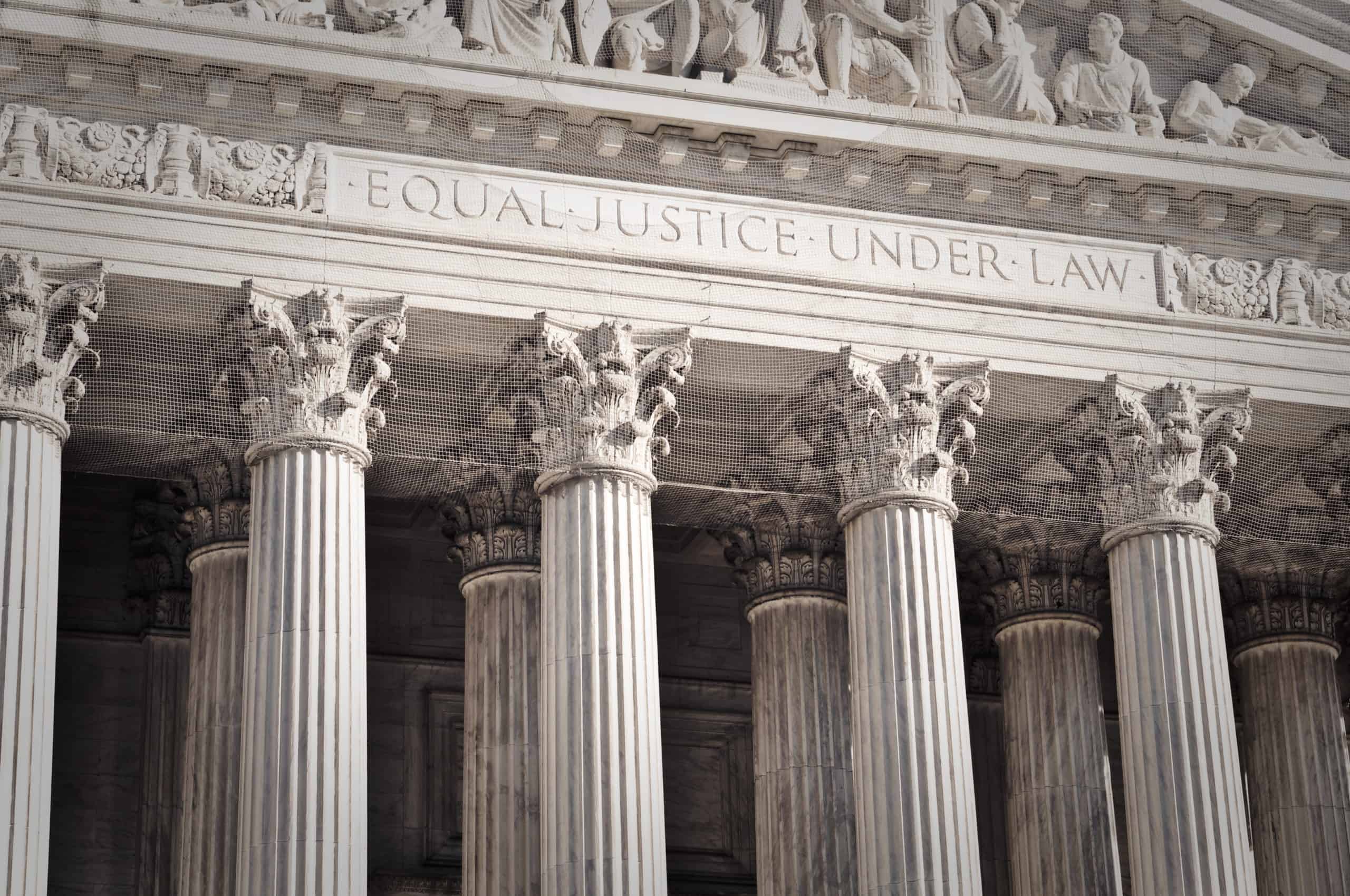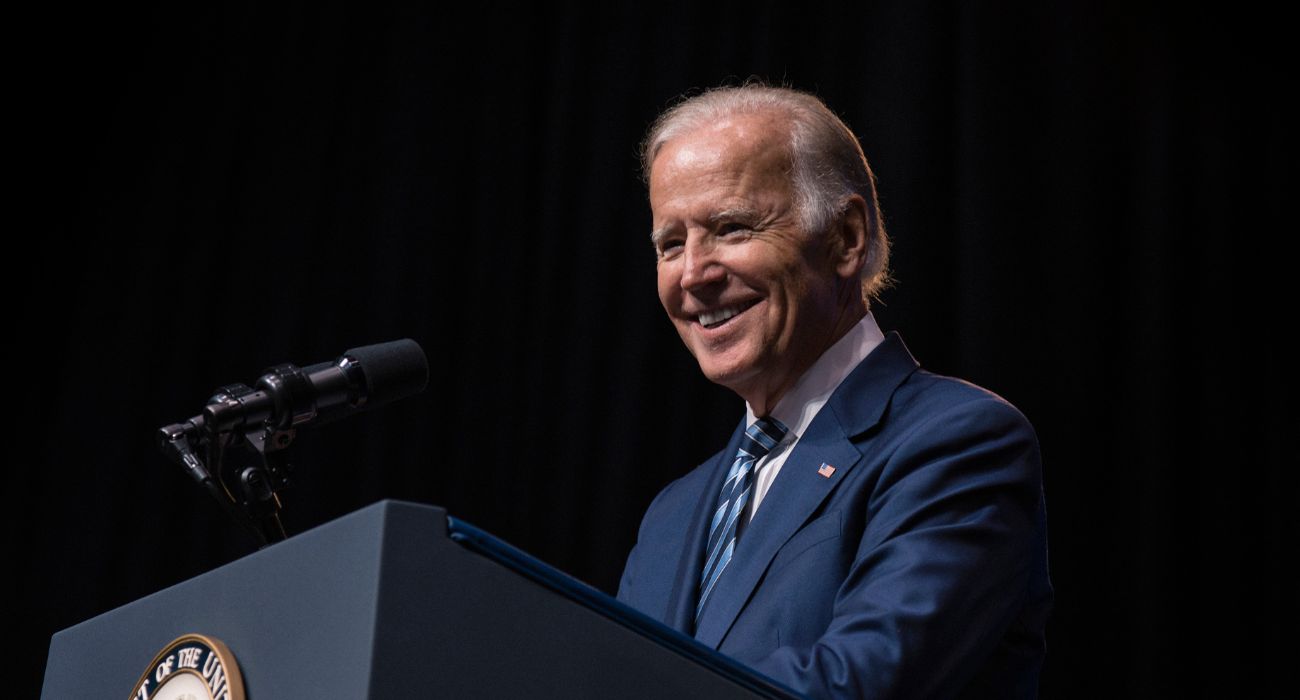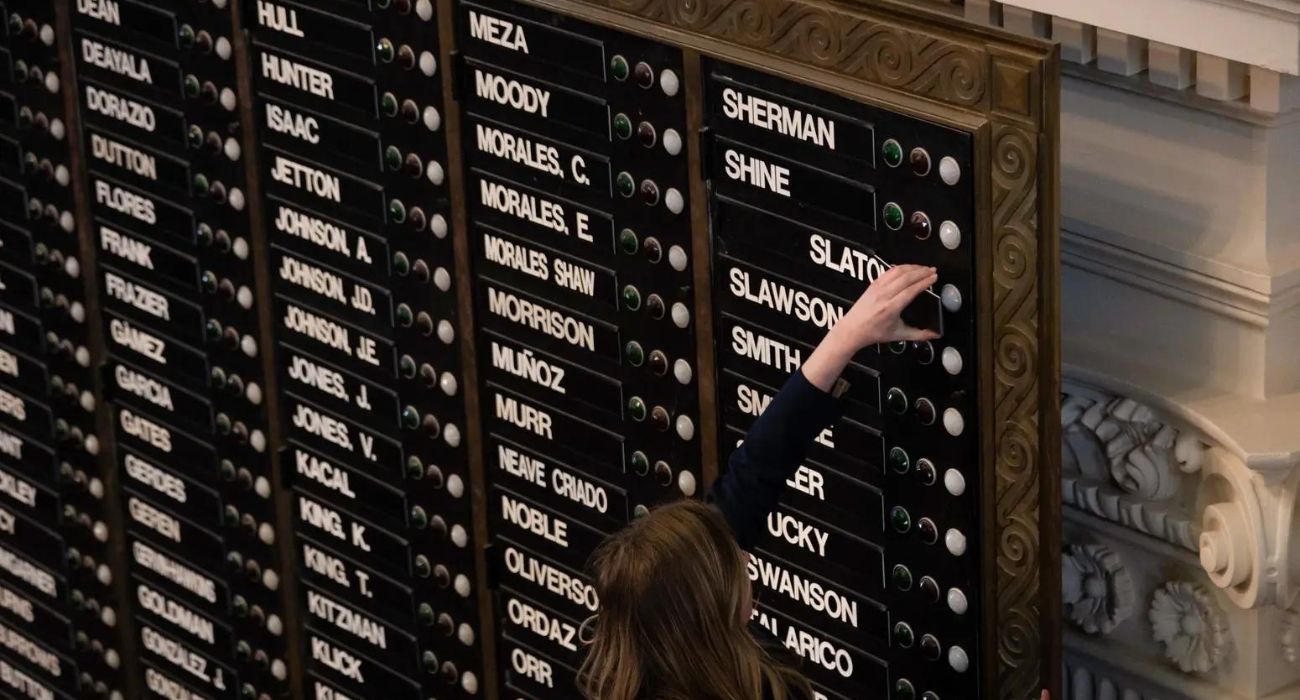An initial draft majority opinion of the Supreme Court indicates that it may be poised to strike down the historic Roe v. Wade decision of 1973, which ruled that the U.S. Constitution protects a pregnant woman’s right to choose an abortion.
A further Supreme Court decision in 1992 — Planned Parenthood v. Casey — maintained that right.
The scotus-initial-draft, which pertains to the Dobbs v. Jackson Women’s Health Organization case currently under consideration by the Supreme Court, was obtained by POLITICO, a political journalism company. The media company says it received the document from an unnamed source familiar with the court’s proceedings in the case and other details that support the document’s authenticity.
The release of a draft court opinion before a decision is rendered by the court is highly unusual. There is no precedent in modern history of a draft opinion being publicly disclosed before the Supreme Court decision was finalized. As POLITICO stated, the Supreme Court is one of Washington’s most secretive institutions and prides itself on protecting the confidentiality of its internal deliberations.
Dobbs v. Jackson Women’s Health Organization is a case pending before the Supreme Court that deals with the constitutionality of a 2018 Mississippi state law that bans abortions after 15 weeks of pregnancy. The Supreme Court heard oral arguments in the case in December, and there were indications that the court may be leaning in support of the state law.
Typically, the justices hold preliminary votes on cases soon after the arguments are heard, and then a member of the majority is assigned to draft the court’s opinion. In this case, the draft opinion was written by Supreme Court Justice Samuel Alito and distributed among the court justices on February 10. The majority represented by the draft opinion, besides Alito, include Clarence Thomas, Neil Gorsuch, Brett Kavanaugh, and Amy Coney Barrett.
Justices Stephen Bryer, Sonia Sotomayor, and Elena Kagan will draft a dissenting minority opinion. It is not yet clear where Chief Justice John Roberts falls in this case.
The court’s ruling will not be final until published, which is likely to happen sometime in the next two months. In the meantime, justices can change their votes, and drafts can be amended or rewritten altogether.
If the ruling stands as currently drafted, it will put an end to the nearly five decades for which abortion has been federally protected as a constitutional right and allow each state to decide whether to ban or allow the procedure.
The draft opinion does not deliberate whether abortion should be legal or illegal; instead, the opinion focuses on whether abortion is a right guaranteed by the Constitution. Justice Alito offers several reasonings on why the court feels that is not the case:
- Alito asserts that the 1973 Roe v. Wade decision was ill-conceived and deeply flawed because it invented a right not mentioned anywhere in the Constitution.
- The Constitution does not prohibit states from regulating or prohibiting abortion, but the draft opinion says that Roe v. Wade does. Alito says the majority opinion in this current case seeks to return regulatory authority “to the people and their elected representatives.”
- Alito argued that the viability distinction between fetuses not capable of living outside the womb and those which can “makes no sense.” This was one of the principal tenets of the Roe v. Wade case.
- The draft opinion cites two pages’ worth of other instances where the Supreme Court has overturned previous precedents.
- Alito also stated that the court’s decision must not be swayed by extraneous influences, such as concern over the public reaction to the court’s decision. He pointed out that this appeared to be a consideration in the 1992 Casey decision when the majority opinion warned that the court would pay “a terrible price” for overruling Roe v. Wade.
- The opinion asserts that since the 1970s, the increased demand for adoption has made abortion less necessary.
- Alito called attention to the widespread criminalization of abortion during the 19th and 20th centuries in the U.S., which contradicts the idea that abortion was an implied right in the Constitution.
- He also rejected the idea that outlawing abortion reflects the subjugation of women, as they have electoral and political power. He points out that the percentage of women who vote is consistently higher than the percentage of men who vote.
POLITICO noted that the justices held their final arguments of the current term last Wednesday and will release their rulings on all still-unresolved cases, including the Dobbs case, over the course of the next two months.






